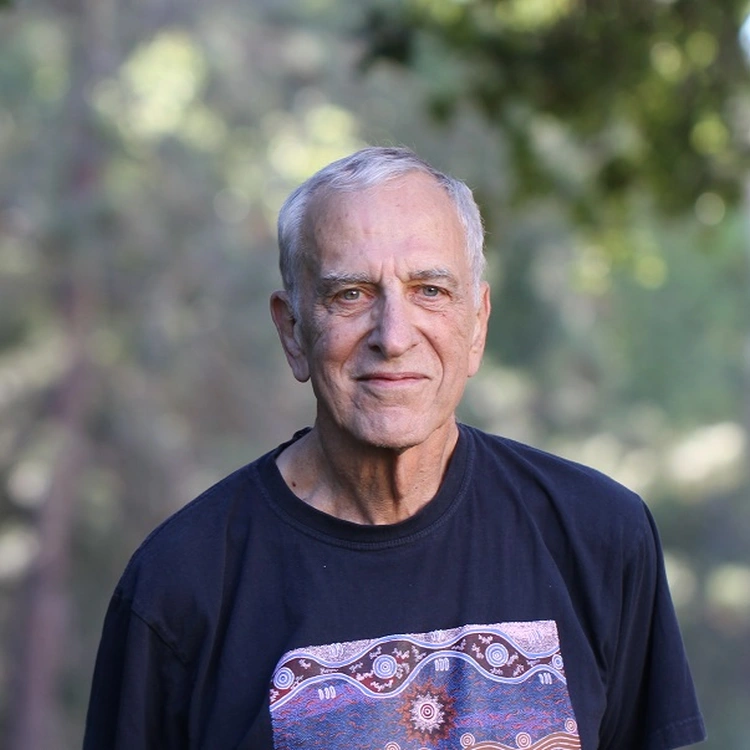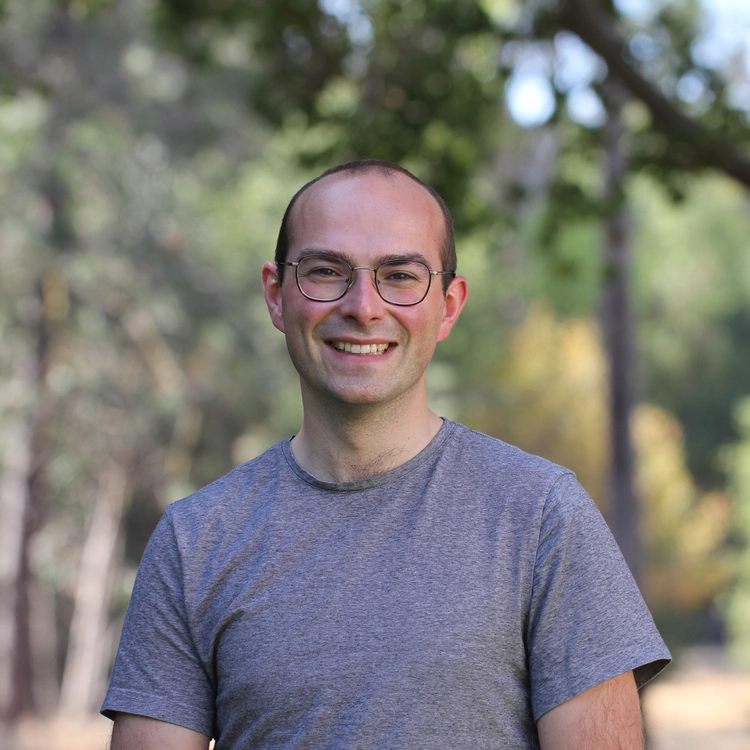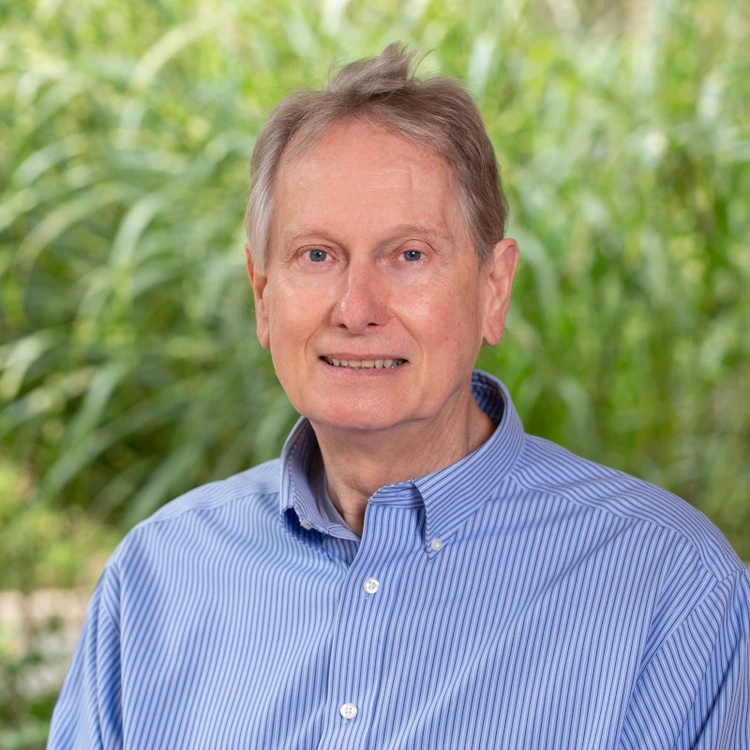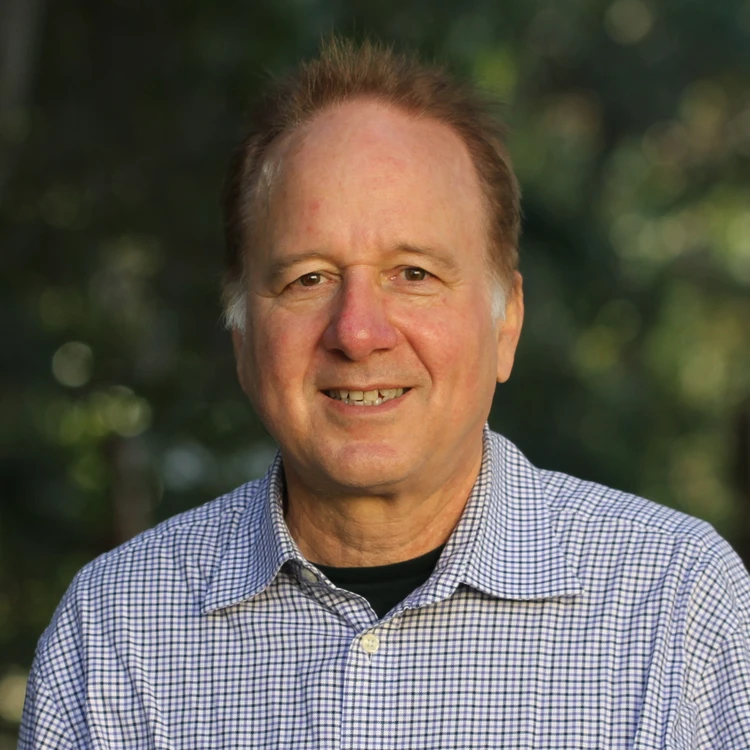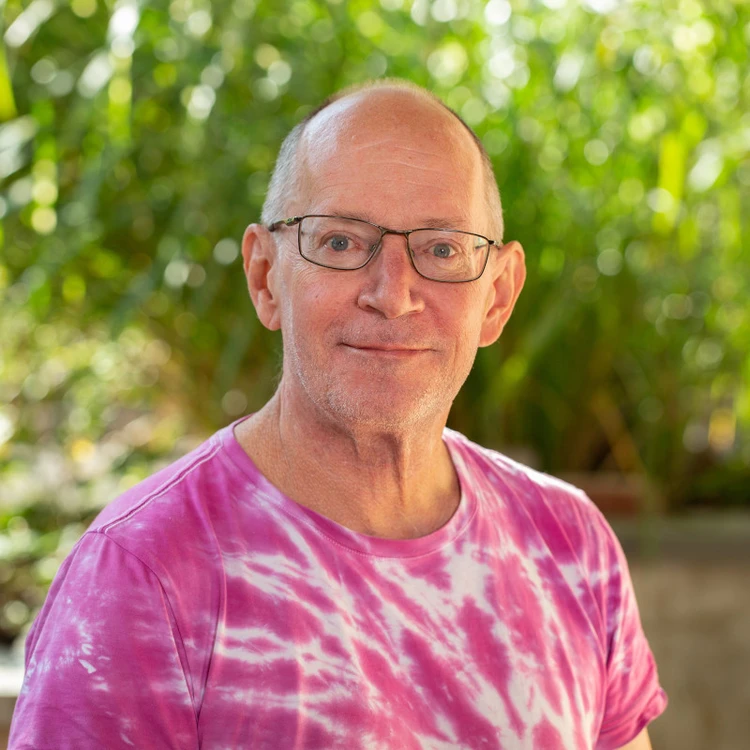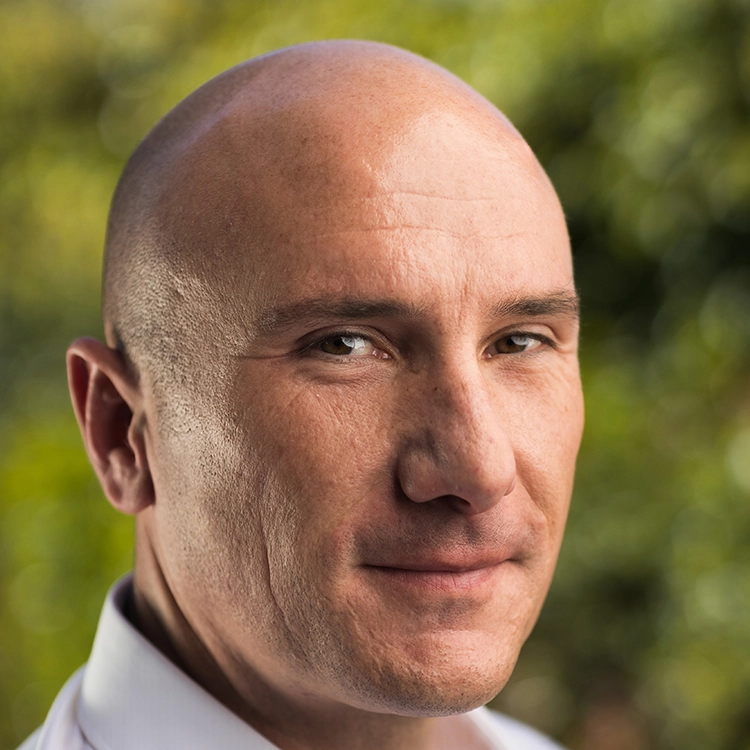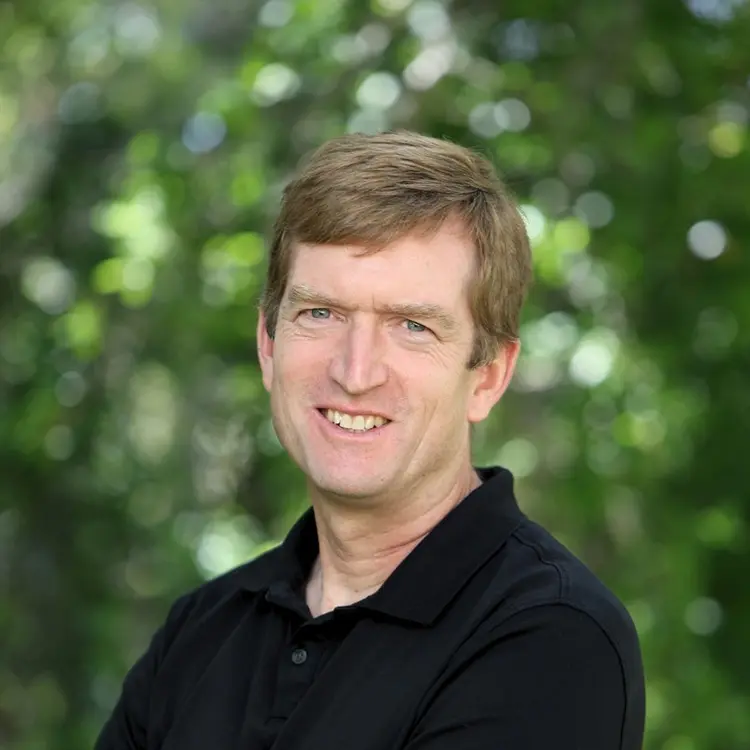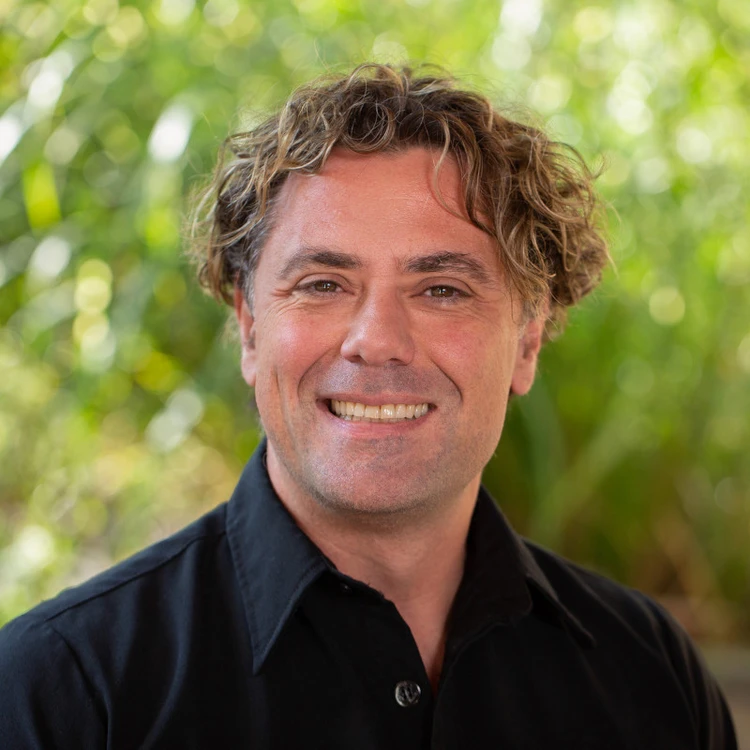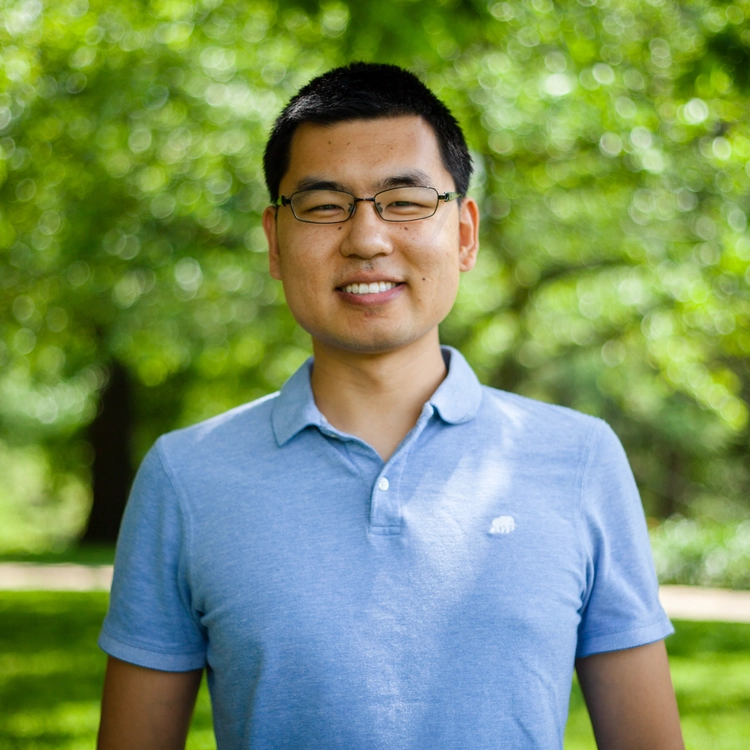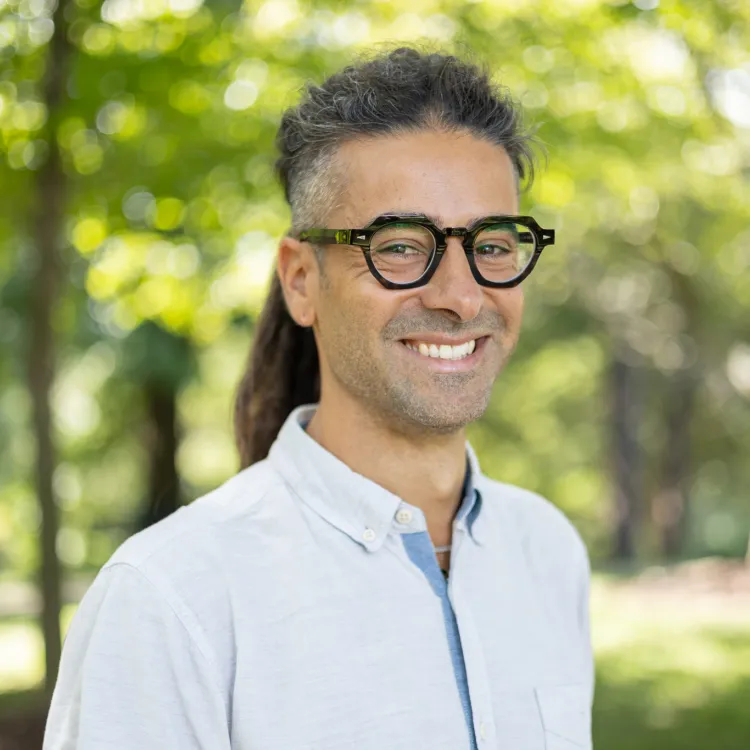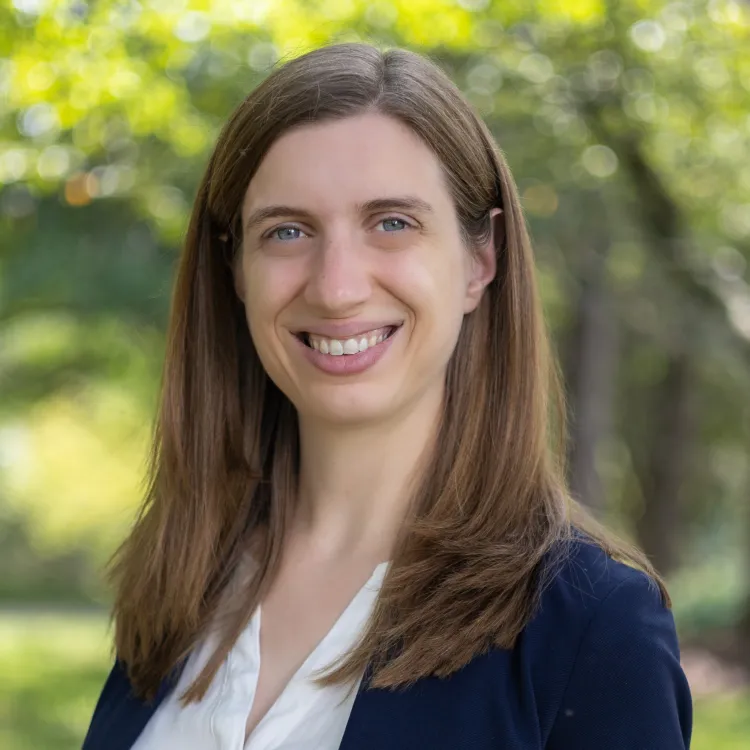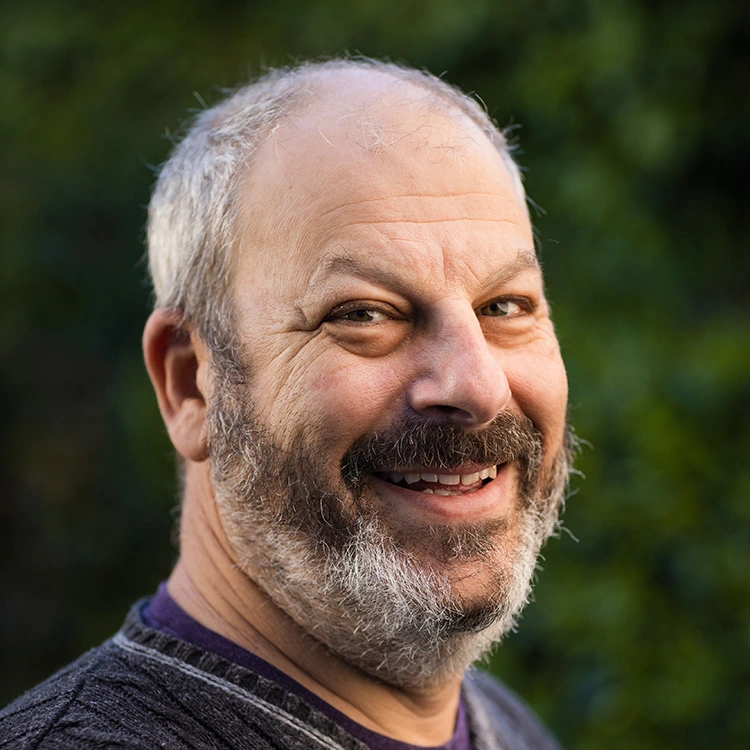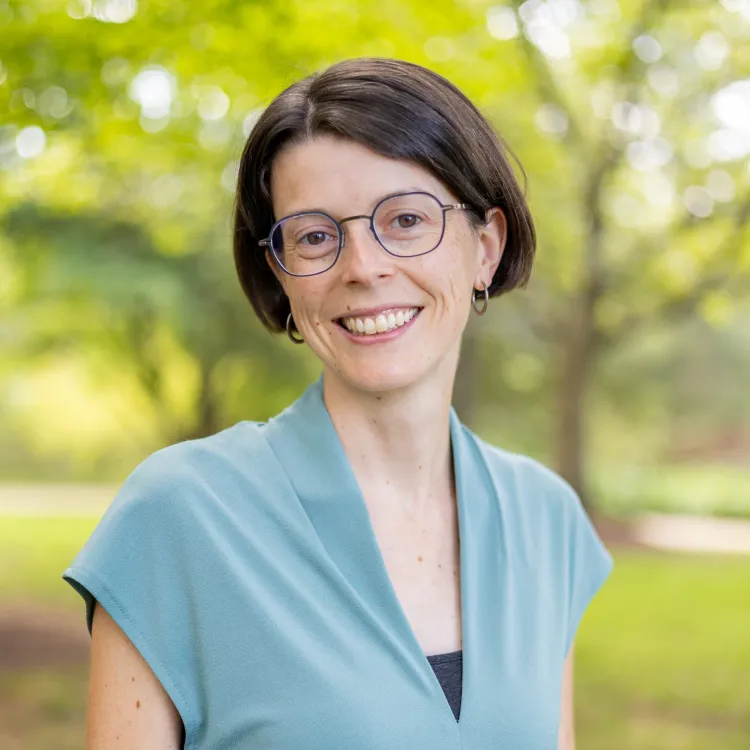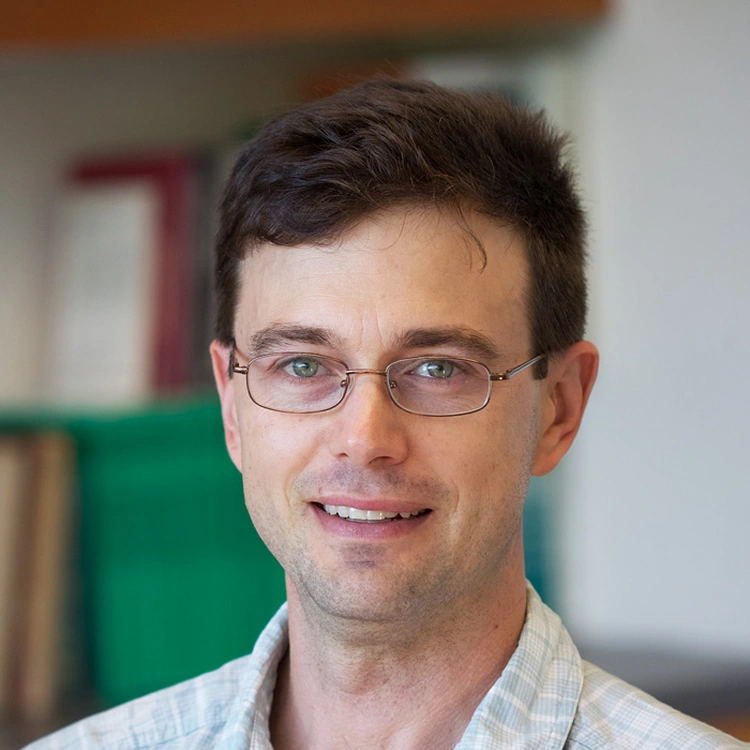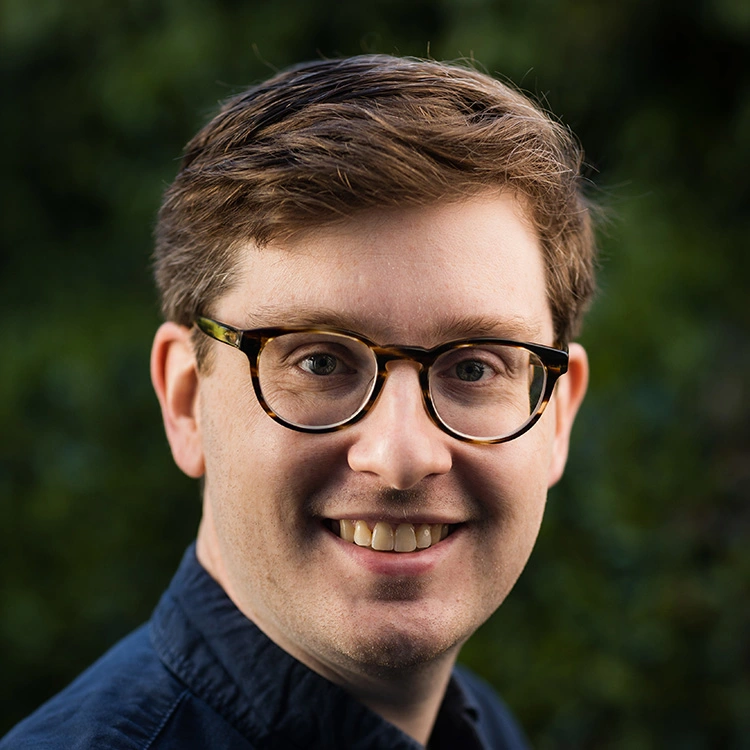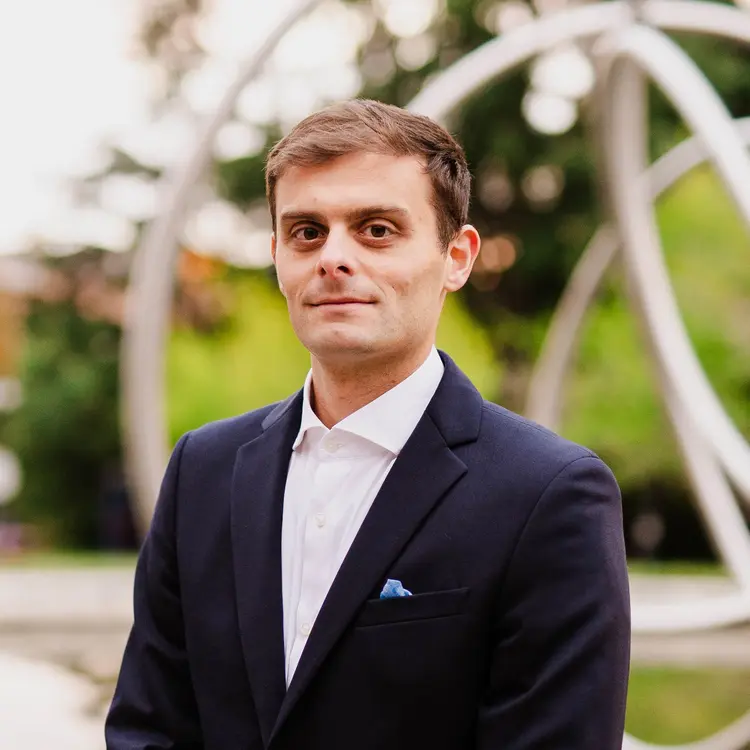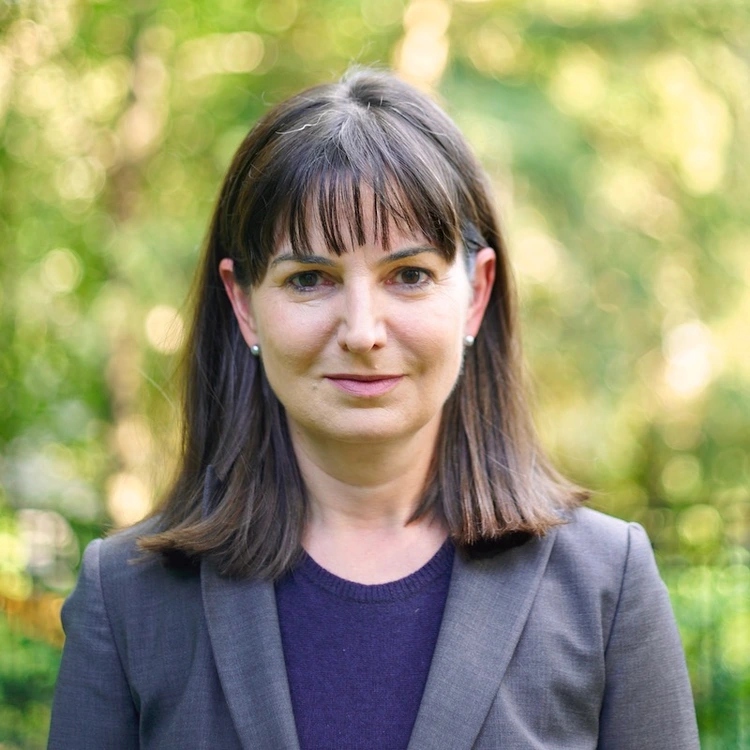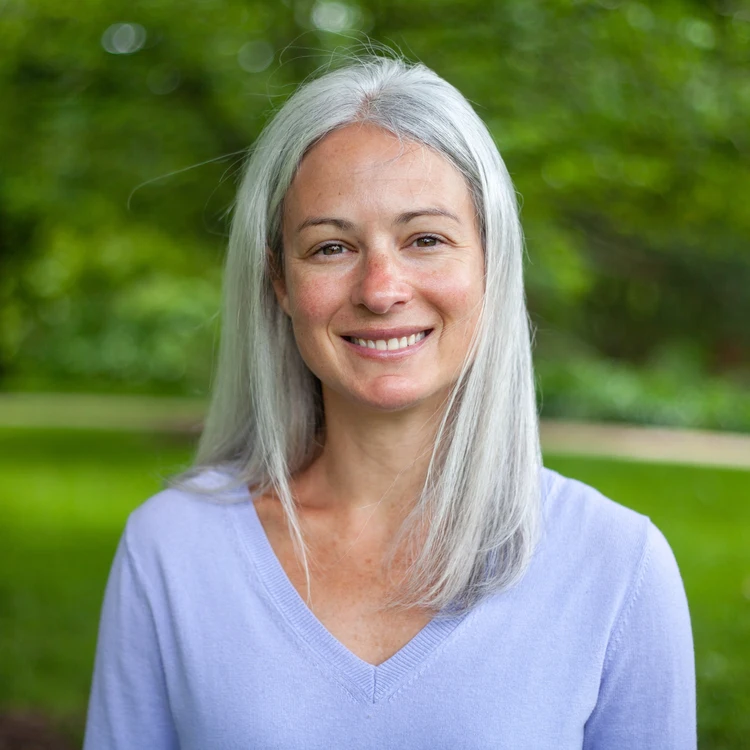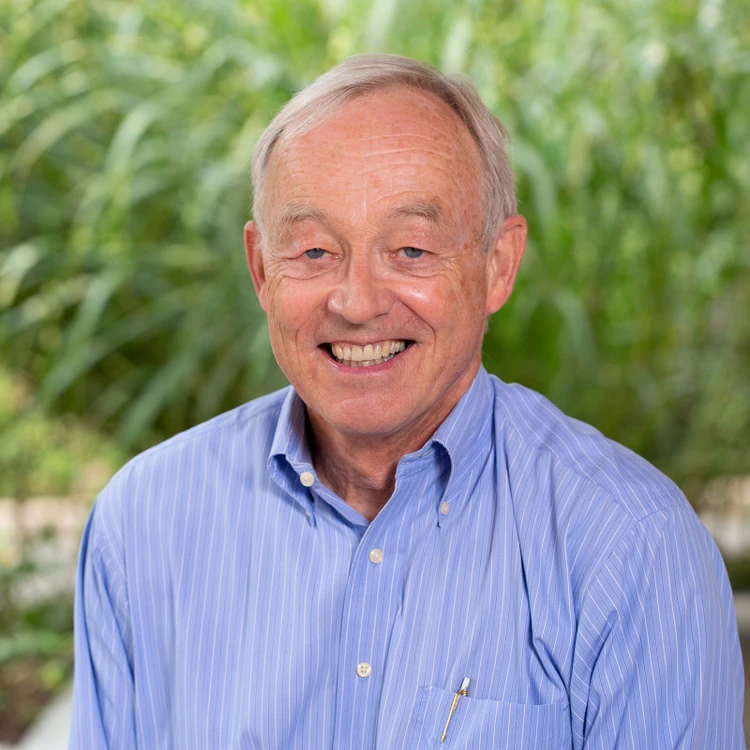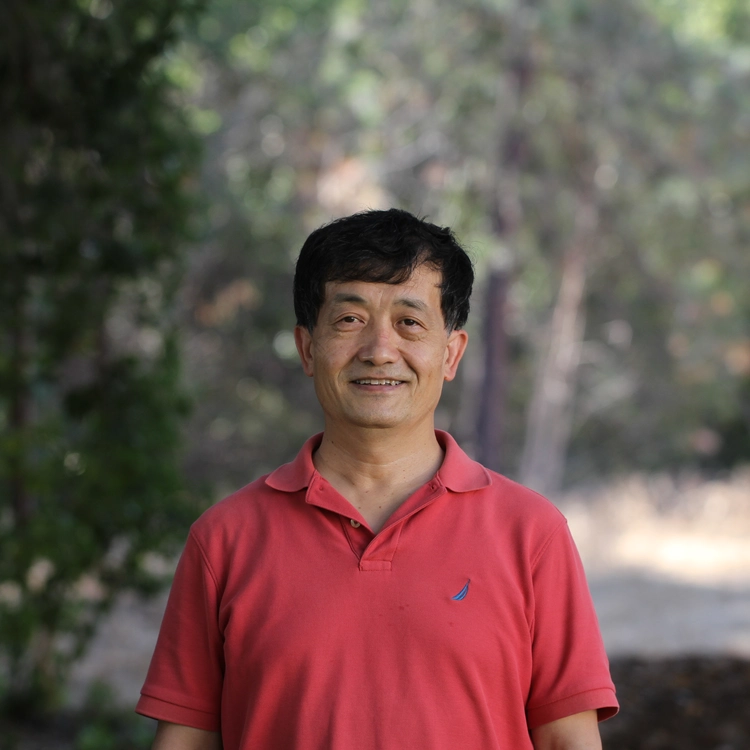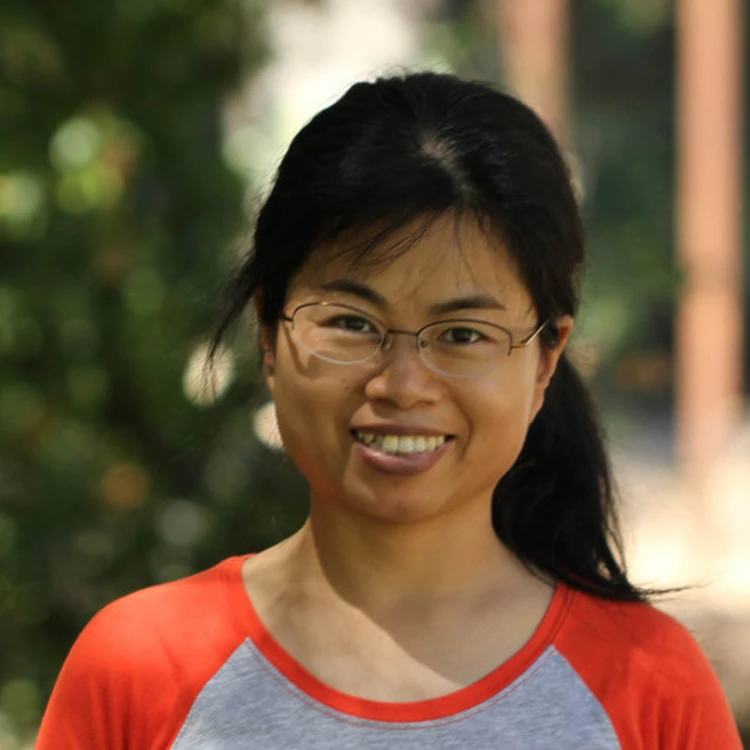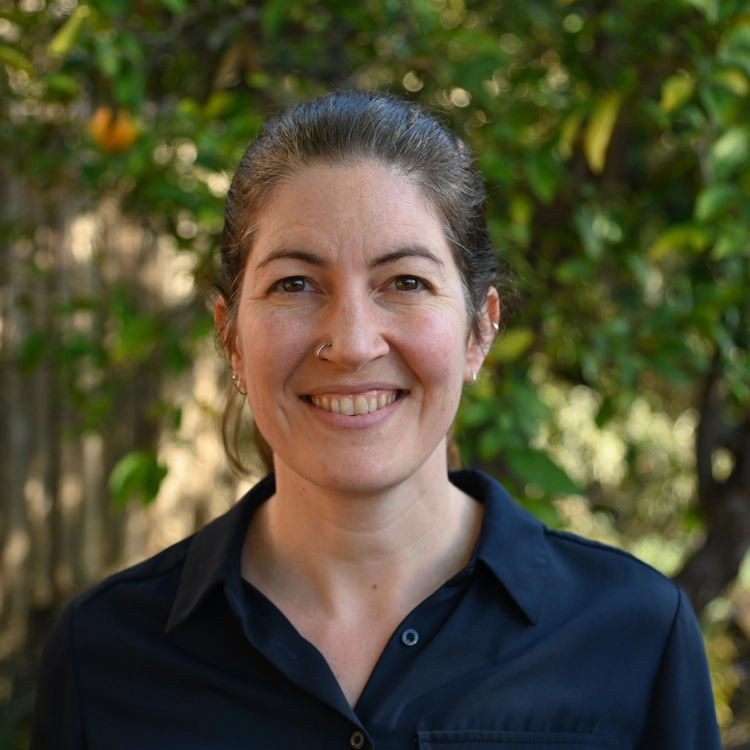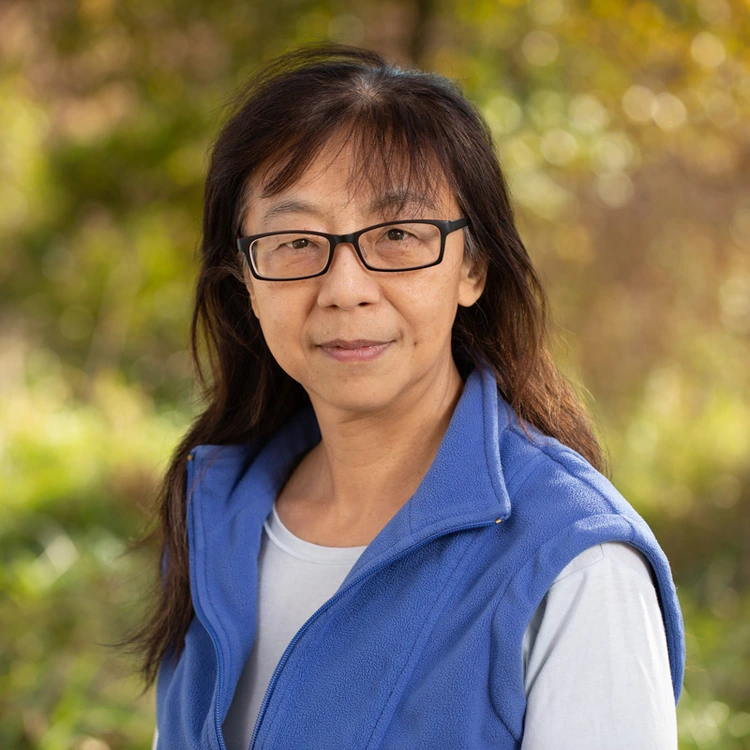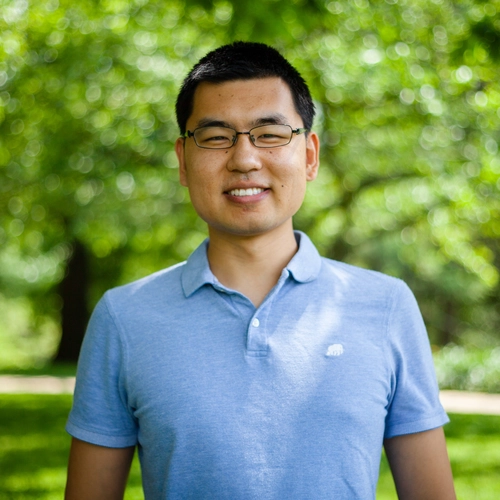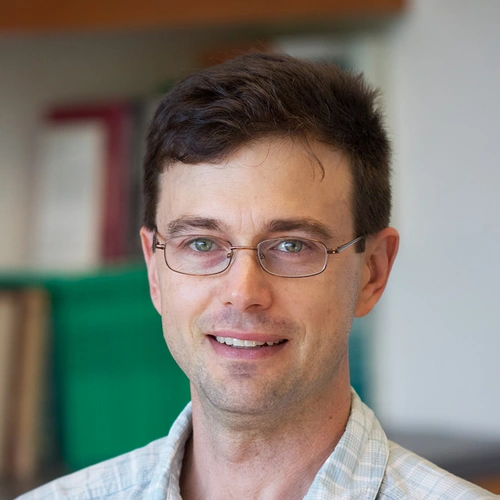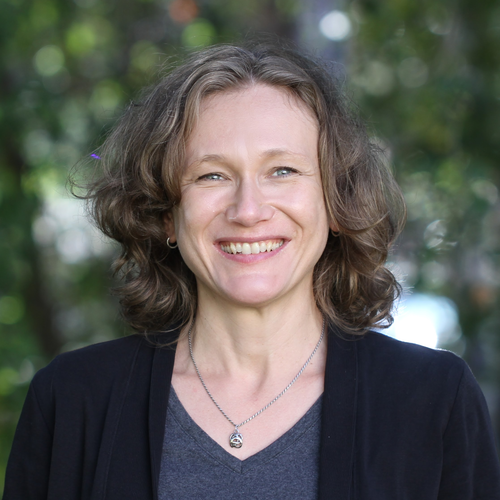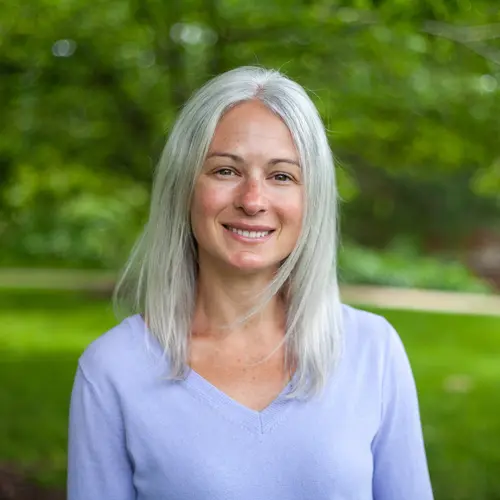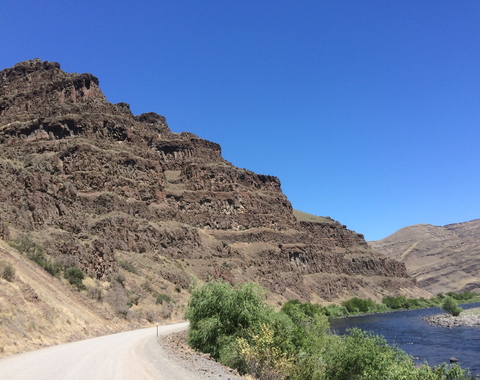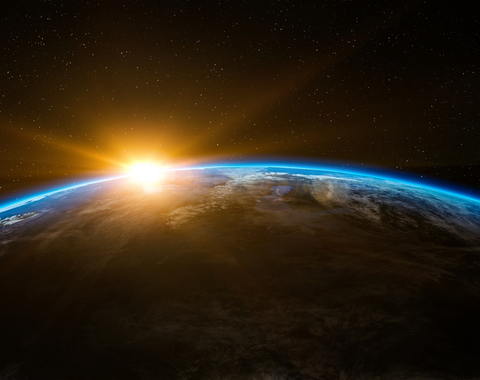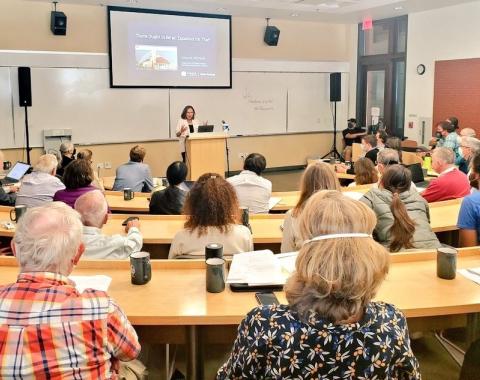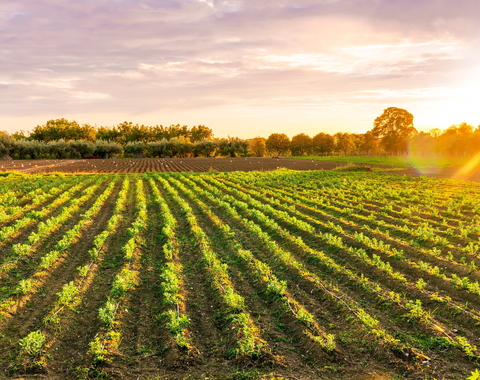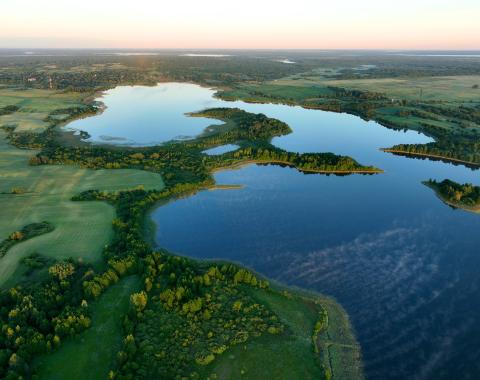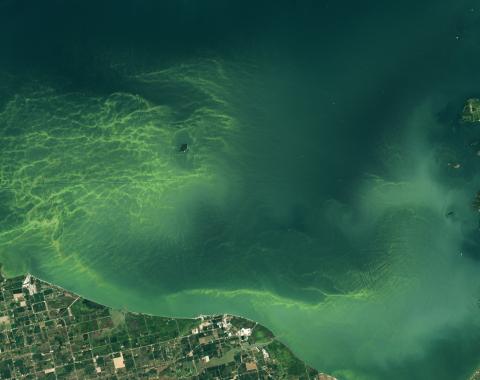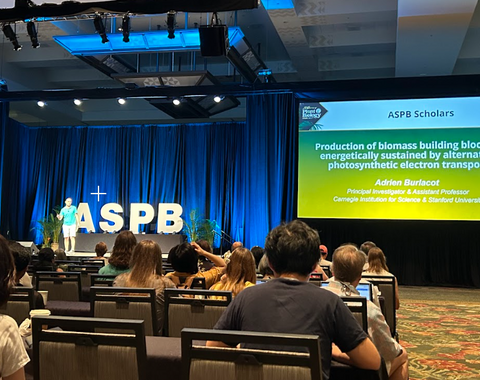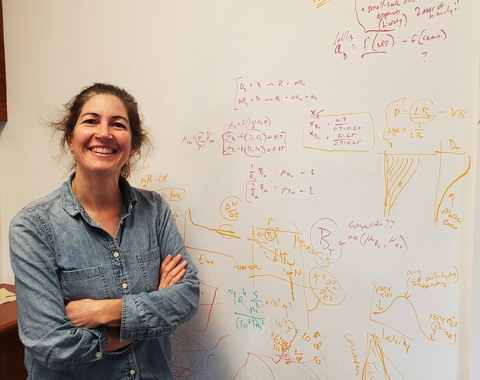Carnegie Science Climate and Resilience Hub
The Hub is a new umbrella organization within Carnegie Science that facilitates, enables, and scales work in climate resilience and sustainability. This effort brings together researchers from across all three Carnegie Science divisions with a broad range of technical and scientific expertise that is critical for tackling global climate challenges and developing innovative solutions for the future
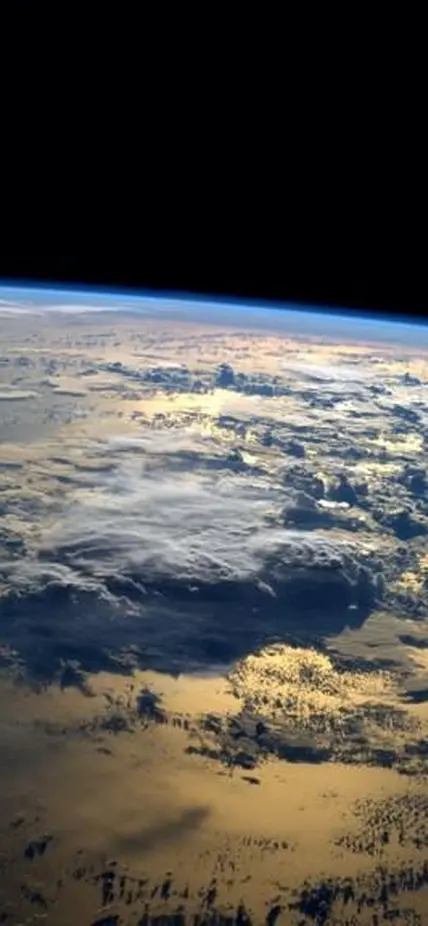
Who We Are
This effort brings together researchers from across all three Carnegie Science divisions with a broad range of technical and scientific expertise that is critical for tackling challenges in climate resilience, and sustainability.
Our hallmark flexibility makes it an ideal venue for the transdisciplinary collaboration needed to tackle the greatest challenge of the 21st century—climate change.
More than third of Carnegie Science’s Principal Investigators, across disciplines as varied as aquatic ecology, climate science, volcanology, and astronomy have already joined the Hub and are committed to lending their time and expertise to its mission.
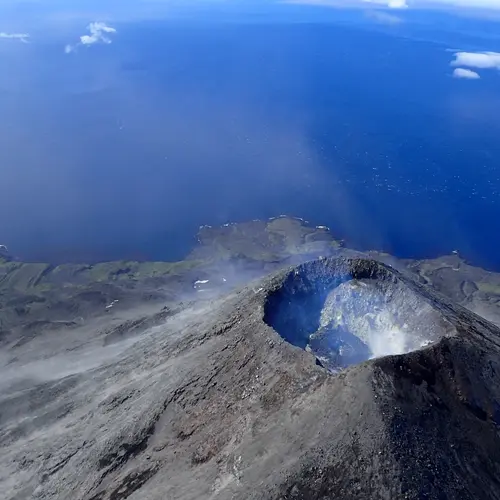
Aleutian volcano
Ways We Contribute
Members of this Hub community have identified some early areas of focus for promoting climate reslilence and sustainability that are well matched to the breadth of their expertise, which span from climate science, hydrology, biology, atmospheric science, and ecology to include volcanology, planetary science and astronomy and astrophysics.
Researchers with backgrounds in studying the atmospheric chemistry of exoplanets and the climate effects of geophysical phenomena like volcanic eruptions have skills to contribute to the Hub, as well as those who have spent their careers developing high performance computing and engineering skills in astrophysics and the geosciences.
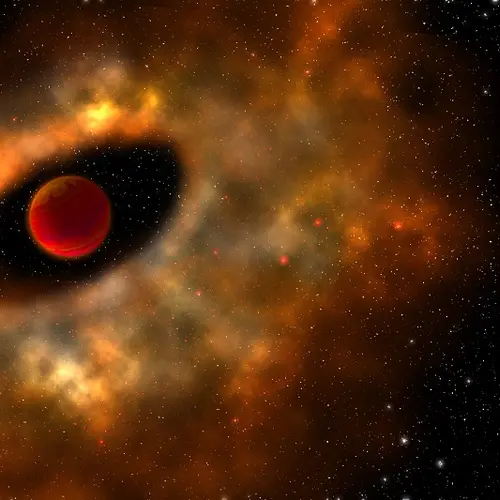
Our Goals
The Hub was designed to amplify scientific impact by facilitating partnerships between Carnegie Science researchers and external groups that are insterested in advancing climate resilience and sustainability, including non-traditional research partners such as private sector groups, NGOs, philanthropies, and international research organizations. It will also train a new cohort of postdoctoral fellows with recent Ph.D.s in a variety of science and engineering disciplines who are interested in applying their skills to the climate fight.

A Strong Foundation
This effort builds on Carnegie Science’s long-standing leadership in the environmental sciences. Carnegie Science investigators played a pivotal role in establishing the field of ecology in the early 20th century through our Desert Laboratory in Arizona, and have been a driving force in the expansion of this discipline to take a global view of the Earth System.
Carnegie Science established the Department of Global Ecology as part of its centennial celebrations in 2002. Since then, Carnegie Science researchers have made major contributions to key government and non-profit programs that use science to inform mitigation responses, including the IPCC Working Group 2 and Near Zero, a nonprofit organization devoted to innovation in emissions reduction.
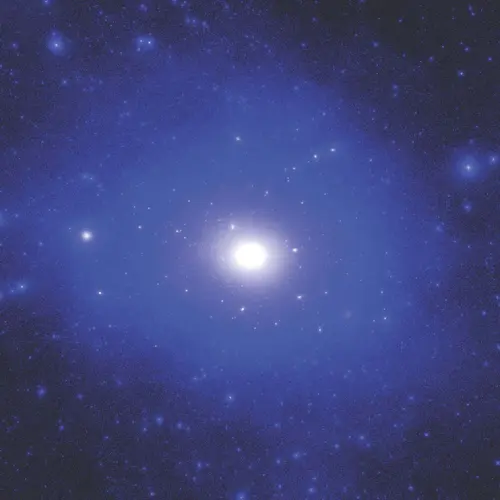
galaxy simulation
Deep Expertise
As the founding Director of the Climate and Resilience Hub, Michalak is helping to bring climate resilience work to the center of Carnegie Science’s organizational mission. Her years of scientific leadership have positioned her as an asset to both scientific peers and policymakers. These efforts to increase the effectiveness of the interface between research and stakeholder communities serve as a template for the partnerships that the new Hub is working to establish.
Her knowledge base is enhanced by the participation of Carnegie Science researchers from a diverse array of disciplines, including astronomy and astrophysics, planetary science, geophysics, and biology. This knowledge base will enable Hub members to draw upon a breadth of skills and ideas, advancing new solutions to humanity’s greatest challenge.
Meet the Founding Director
Anna Michalak has been a Staff Scientist at Carnegie since 2011 and served as Director of the Department of Global Ecology between 2020 and 2023. Prior to joining Carnegie, she was an Associate Professor at the University of Michigan. Over the course of her career, Michalak has developed pioneering approaches for quantifying greenhouse gas emissions and for characterizing how climate change impacts the biosphere’s ability to sequester carbon. She has also revolutionized our knowledge of how a warming planet and shifting precipitation patterns impact coastal, lake, and river water quality around the world.
She is the lead author on the most recent U.S. Carbon Cycle Science Plan, co-chair of the National Academies of Science, Engineering, and Medicine committee reviewing NASA’s implementation of the decadal survey for Earth observations from space, a Visiting Faculty Researcher at Google Research, and Co-Chair of the carbon and water advisory boards for Schmidt Sciences.
She is a Fellow and Simpson Medal laureate of the American Geophysical Union, a Scientific Member of the Max Planck Society, and a Leopold Environmental Leadership Fellow, among other honors. She holds a Ph.D. and M.S. in Civil and Environmental Engineering from Stanford University, and a B.Sc.(Eng.) in Environmental Engineering from the University of Guelph, Canada.
Learn MoreContact the Hub
If you are interested in learning more about the work that that we are doing on climate resilience and sustainability or would like to discuss partnership opportunities, please reach out to us.
Email UsWhat Members Are Saying
News From Hub Members
Crossing Disciplinary Boundaries
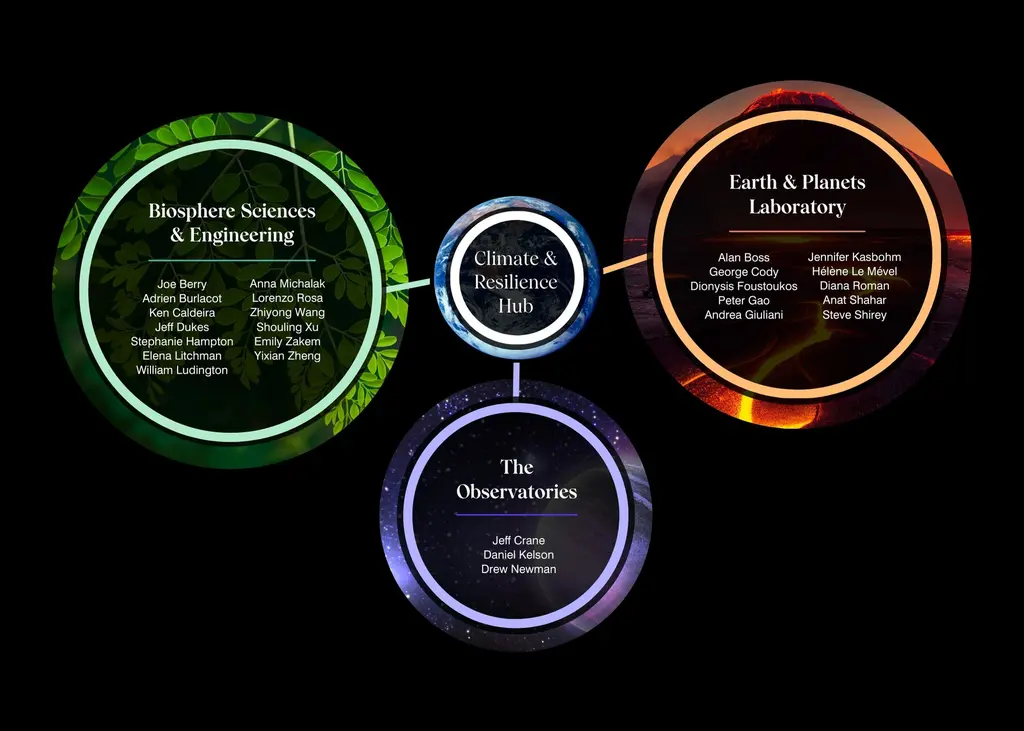
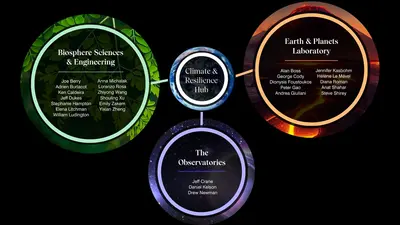
Climate & Resilience Hub Graphic
